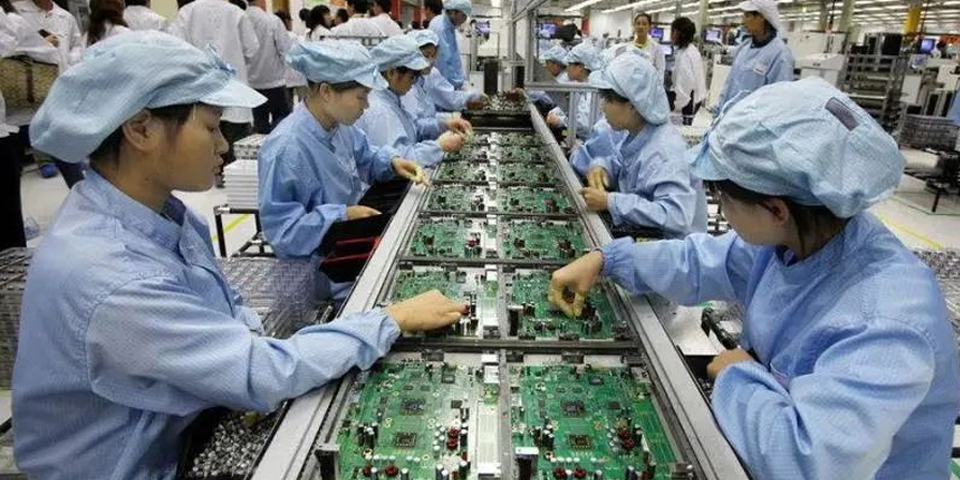Blog
Why Did Top Electronic OEM Factories Reject Emerging Companies? A Battle Over Manufacturing Choices.

When looking for an OEM factory for electronic products, it is crucial to find a factory that matches your company’s level. If you are a Fortune 500 company, you will naturally opt for the world’s top electronic OEM factories, such as Foxconn, Flex, Quanta, and others (a detailed list can be easily found online). There is also a second tier of manufacturers, including BYD and Inventec. The capabilities of these companies are beyond doubt, but the threshold for working with them is quite high. For example, when Lei Jun founded Xiaomi and was looking for an OEM factory, he faced many obstacles. He visited China’s top ten EMS manufacturers, yet none were willing to produce phones for Xiaomi. Although Lei Jun was a well-respected figure in the IT industry, these manufacturers still refused to work with a newly established company. Eventually, Lei Jun found Inventec, which had long lost its dominance in the PHS phone manufacturing sector and had excess production capacity. With a trial-and-error mindset, Inventec took on the manufacturing of Xiaomi’s first-generation smartphones.
If your company is not a Fortune 500 enterprise but is still a well-known domestic company and, more importantly, if your electronic products require large production volumes with high order values (e.g., a single batch worth tens of millions of RMB), you can find a domestic OEM manufacturer specializing in your product category. It is essential to choose the right manufacturer for your product. For instance, if you are in the television industry, you can consider manufacturers like MTC, Kinghome, or Chaoyue. If you produce small household appliances, you may reach out to Meiling or Shunde and Zhongshan-based small appliance manufacturers. These factories usually have their own brands and product lines, but they are also open to OEM partnerships. Since they possess mature production technology and supply chain networks, they can often offer competitive pricing. However, when dealing with such factories, protecting your product’s intellectual property is critical. Since both parties may compete in the same market, it is crucial to assess whether the factory’s primary market overlaps with yours. The ideal scenario is a complementary market relationship—for instance, choosing an OEM factory that primarily serves foreign markets if your company focuses on domestic sales.
The most challenging situation arises when small and medium-sized enterprises (SMEs) seek an OEM factory for their electronic products, or when large companies need to produce electronic products in small batches with low order values. In these cases, working with small-scale electronic OEM factories is the only option. However, these factories vary widely in quality, and due diligence is necessary. Conduct on-site inspections to assess their equipment, production processes, and overall management system. Currently, electronic factories in the Pearl River Delta region maintain the highest quality standards. However, different cities specialize in different products. For example, Huizhou is home to many battery manufacturers, while IT-related products are best sourced from Dongguan. For household appliances and control-related electronic products, Foshan is the top choice.
Additionally, it is best to choose a factory that can handle all production processes in-house. Many electronic factories only provide SMT (Surface Mount Technology) assembly. If you choose such a factory, you will need to find another one for post-processing, which can lead to quality issues and accountability disputes between multiple manufacturers.
